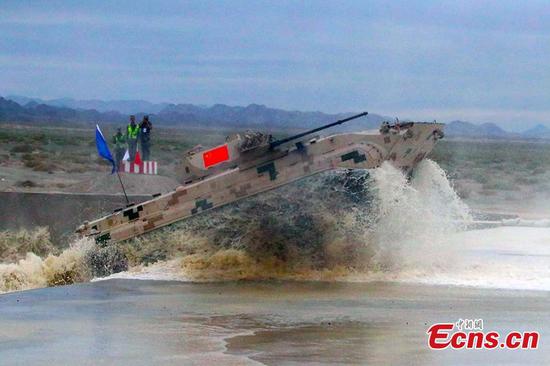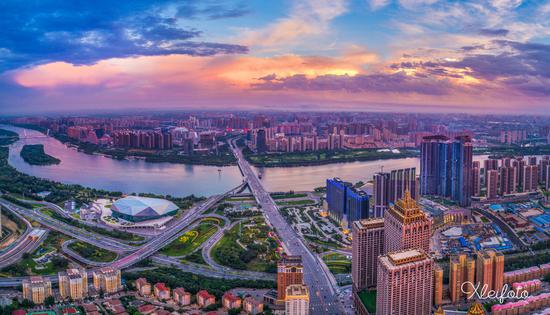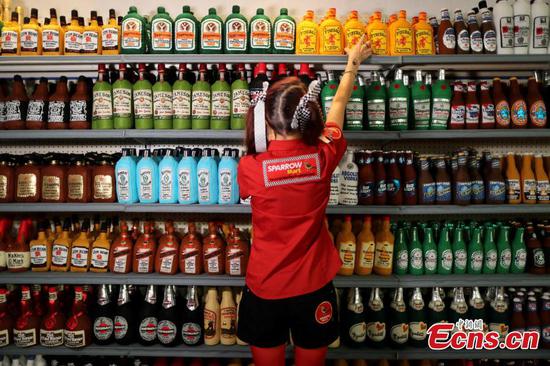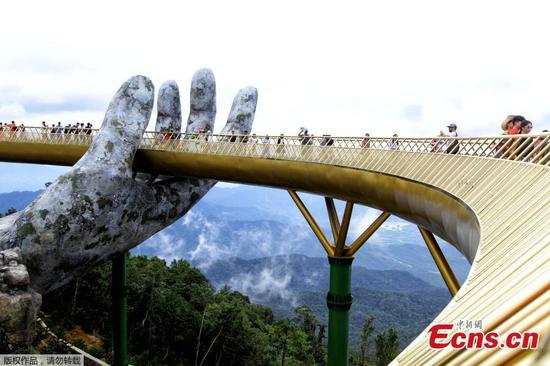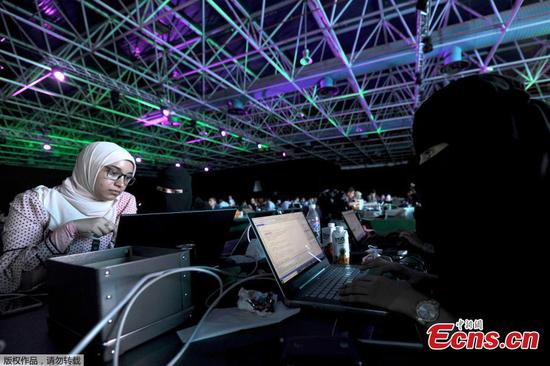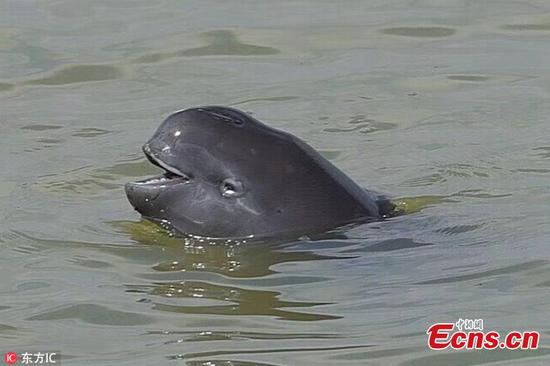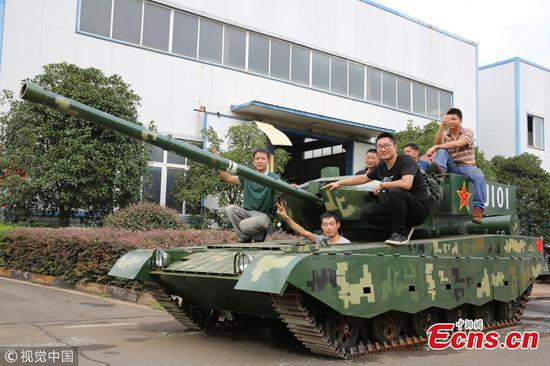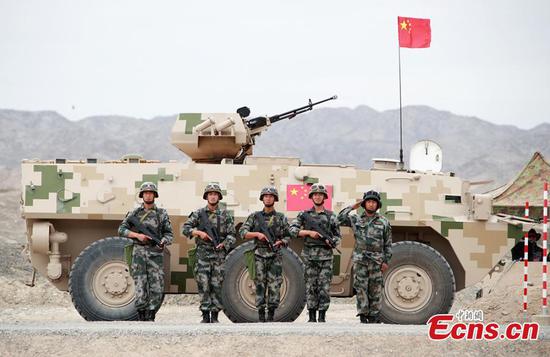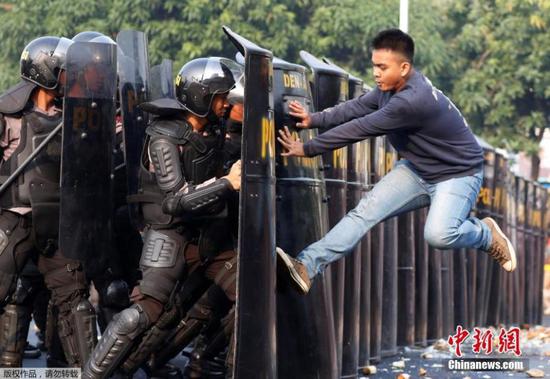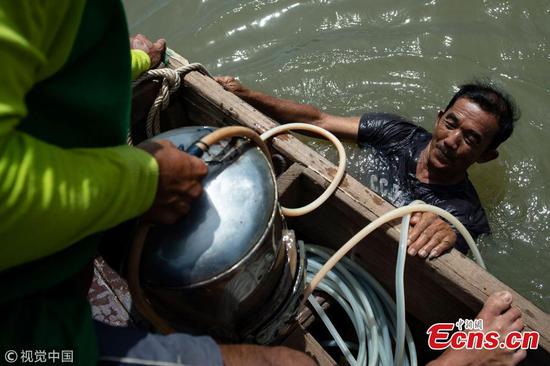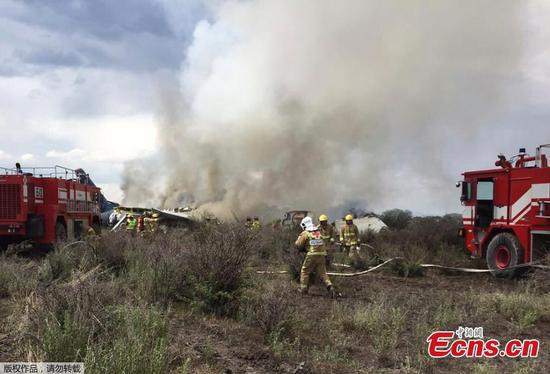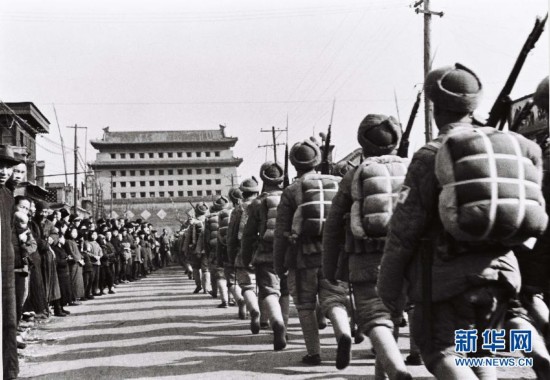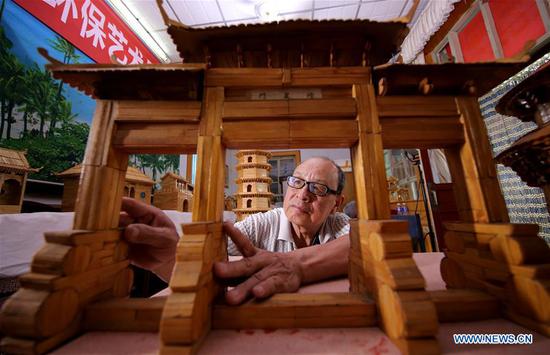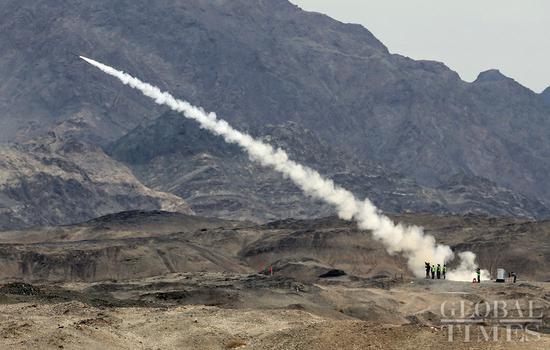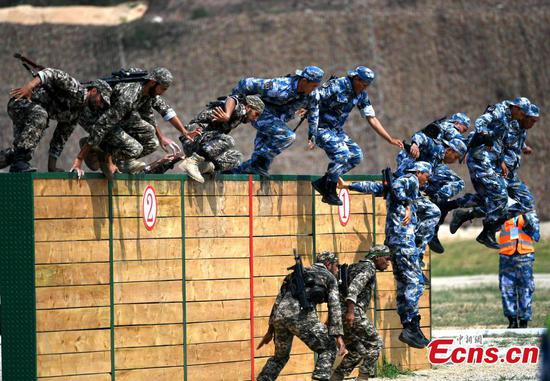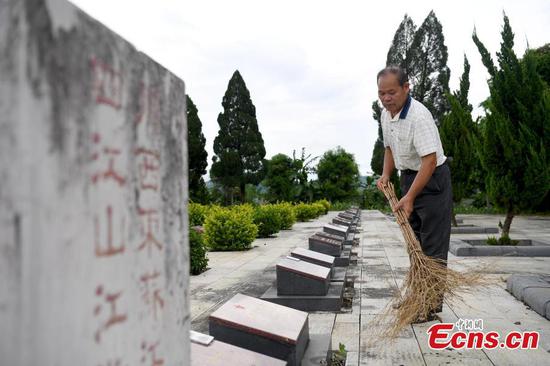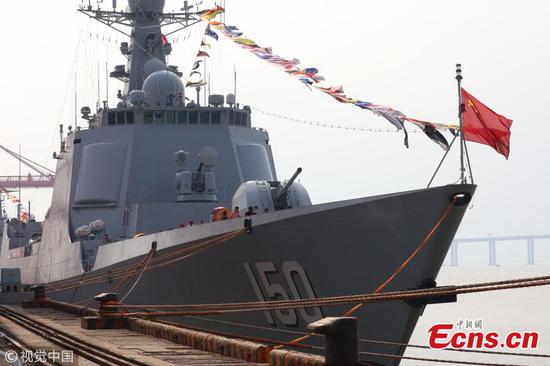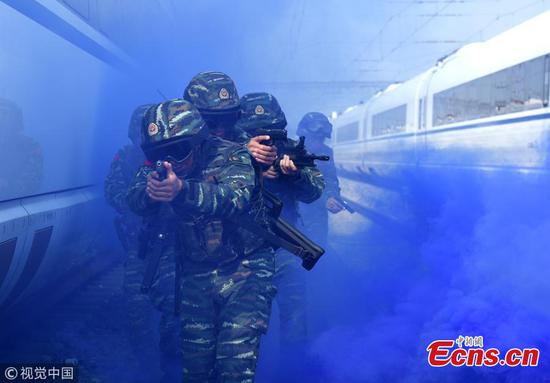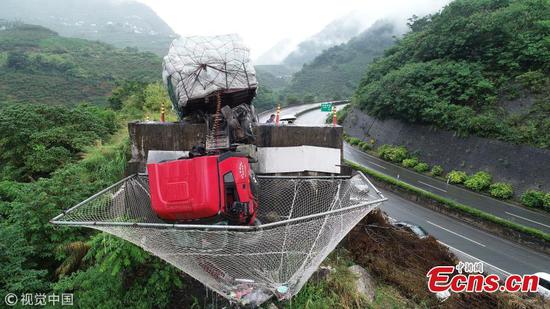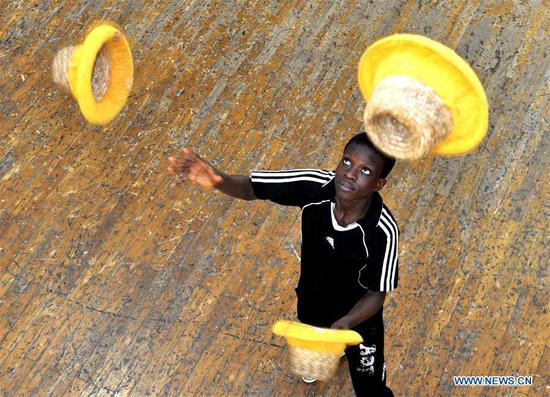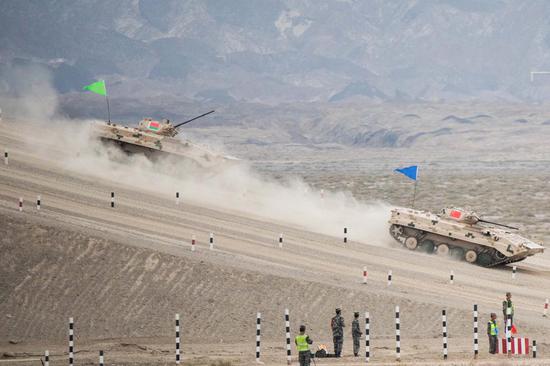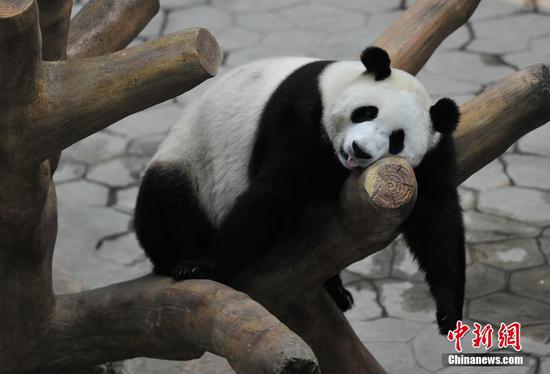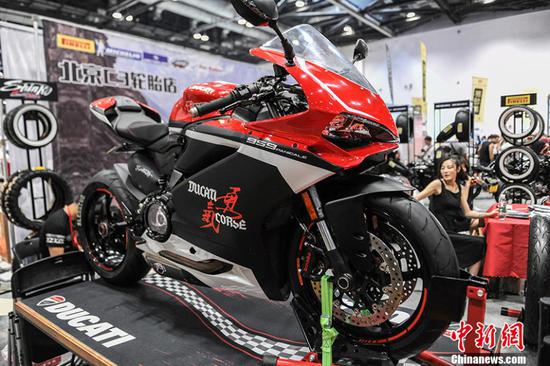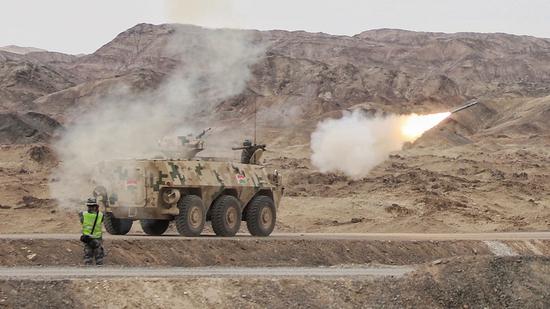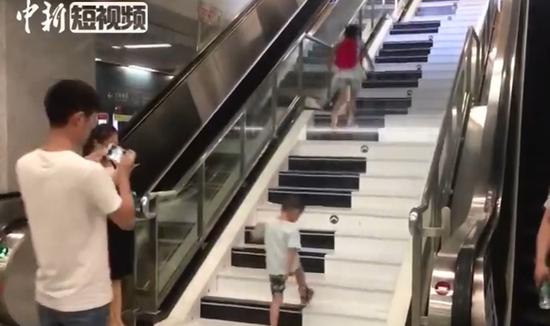Teamwork required
Liu Daizong, China transport program director at the World Resources Institute, said cooperation between different departments, including the railway company, Beijing Municipal Commission of Transport and public security departments, can easily tackle the problems at Beijing South.
Liu said the lack of interdepartmental coordination has resulted in an increase in illegal cabs operating outside the station and long lines for taxis inside.
"Trains are managed by China Railway Co, buses and subways are managed by the Beijing Municipal Commission of Transport, whereas the crackdown on illegal taxis is carried out by local police and the government," he said.
Liu added that when coordination is improved, transportation authorities can extend the operating hours of the subway network or buses to cope with delays, or add special lines outside operating hours to meet the demand from late arrivals.
"When there's an adequate supply of public transportation, the illegal taxis will die," he said, adding that the growing number of passengers had not caused the problem.
"For administrators, information such as a train's arrival and departure times and the number of passengers expected, are readily available," he said, adding that plans requiring joint efforts can be made accordingly.
More than 250,000 people use New York's Grand Central Terminal every day, but it operates without problems, Liu said, adding that if properly managed, train stations should handle both arriving and departing passengers efficiently.
"In developed countries, train stations also generate huge amounts of revenue. Customer spending at King's Cross in London is even higher than that in many high streets," he said, adding that there is no problem in commercializing stations.









